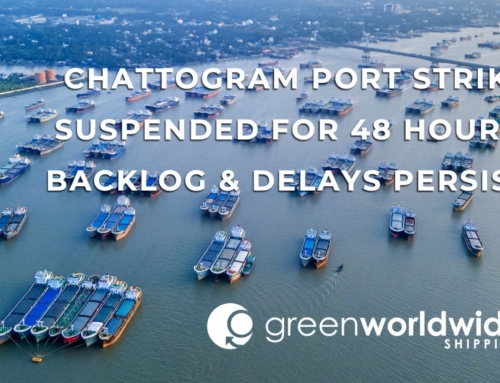WHEN DOES CBP ACCEPT FIRST SALE VALUATION?
In a recently published ruling, U.S. Customs and Border Protection (CBP) evaluated whether an importer could use the “first sale” method of appraisement. This method allows duties to be calculated based on the price paid by an intermediary to the manufacturer, rather than the price paid by the U.S. importer, provided certain legal and evidentiary requirements are met.
The importer also asked CBP to determine whether the intermediary qualified as a bona fide buying agent. If so, the intermediary’s commission could be excluded from the transaction value used for duty calculation.
WHAT DOCUMENTATION DOES CBP EXPECT FOR FIRST SALE CLAIMS?
CBP requires a complete, verifiable paper trail to approve first sale valuation.
This includes:
-
Executed contracts between all parties
-
Purchase orders and commercial invoices
-
Proof of payment directly tied to the transaction
-
Shipping documents showing clear title transfer and delivery terms
In this case, CBP found gaps in the documentation. The importer’s evidence included invoices and shipping records, but payment records did not match the invoiced amounts, lacked transaction references, and in some cases were dated nearly two years after the shipment. Without proof of timely, direct payment for the specific goods, CBP ruled that the first sale method could not be applied.
Related Ruling: CBP recently issued a separate decision on bona fide sales for non-resident importers, approving transaction value when documentation clearly linked payment, title transfer, and risk of loss to a specific shipment. Read our full breakdown of that ruling here https://www.greenworldwide.com/cbp-ruling-enforces-transaction-value-based-on-bona-fide-sales/
WHAT CRITERIA DOES CBP USE TO RECOGNIZE A BUYING AGENT?
A bona fide buying agent must operate under the importer’s control, act primarily for the importer’s benefit, and not function as an independent seller.
Key considerations include:
-
Whether the importer directs negotiations and pricing
-
Who is responsible for shipping, handling, and associated costs
-
Who bears the risk of loss in transit
-
The financial relationship between the agent and the manufacturer
Here, CBP determined that the intermediary acted independently: setting its own prices, retaining title until arrival at the U.S. port, assuming all risk of loss, and handling all payments to the supplier. These activities were inconsistent with a buying agency relationship, making the commissions dutiable.
WHAT SHOULD U.S. IMPORTERS TAKE AWAY FROM THIS RULING?
CBP’s decision underscores that:
-
First sale valuation requires complete, consistent documentation linking every stage of the transaction, especially proof of timely payment
-
Buying agent exclusions are narrowly applied and require clear evidence of the importer’s control over the intermediary’s activities
-
Incomplete or delayed documentation can result in duties being assessed on the full price paid by the importer, including commissions
U.S. shippers and importers should review their procurement structures, contracts, and payment processes to ensure compliance before making a first sale or buying agent claim
Stay up-to-date on freight news with Green’s Weekly Freight Market Update by following us on LinkedIn. For continuous updates, make sure to check out our website at greenworldwide.com.






